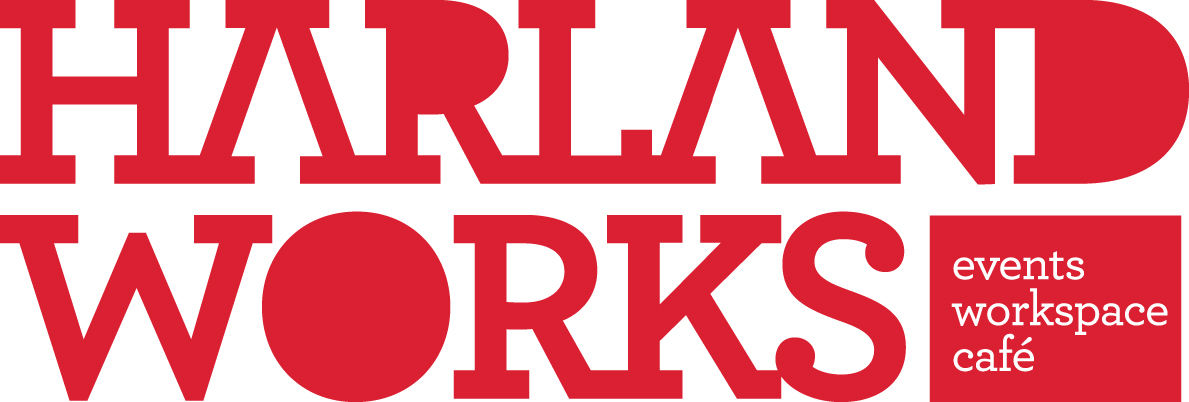Buy British?
As a base for lots of independent businesses, the ups and downs of small business life is very familiar to lots of us here. It can be a tough role demanding the wearing of multiple hats simultaneously (investor, maker, marketer, bookkeeper ….) to keep your show (profitably) on the road.
But imagine, if your ability to produce the goods on which you livelihood depended was determined by something as fickle and out of your control as the weather; the price you could sell at was determined by a global, and somewhat ruthless, market, and your raw material and labour supply were hugely affected by brexit.
Long hours, multiple responsibilities and lots of things out of your control? It’s a recipe for stress.
And yet this describes perfectly the situation facing many British farmers. So, should we be trying to buy British to support them?
James Rebank is a lake district farmer and best selling author who says that the future of farming hangs in the balance.
Since starting up the cafe at Harland Works, I’ve been thinking more about how we make the choices about where we source our food from. For a relatively newbie, its a complicated subject to get your head round. I enjoyed his book English Pastoral: An Inheritance and have been following him since on twitter; he seems like a helpful guide to navigating this complicated food economy landscape.
Recently he’s come up with a list of suggestions for ways we can help our farmers which I liked. They were:
Try to buy direct from at least one farmer, one you make the effort to learn about, and who farms in ways you’d approve of. A veg box is a good start, and social media is a great way to connect with farmers.
Start being troublesome in cafes, restaurants and shops about where their food comes from. It they can’t tell you where the meat or vegetables come from, tell them you will move your custom elsewhere. Or they can buy British from a good farm and you will support them loyally.
Write to your MP and insist that we don’t allow imports of food that are produced in ways beneath UK standards.
Try and grow something to eat (even if you only have a pot or window box). It is a good reminder about the realities of food and it is good for us to connect with elemental things.
These suggestion seem to me like thoughtful and useful places to start: plus I feel that the herbs that we grow and use in our kitchen mean we’ve already done something on the last point!
When we had Chef Rico as a resident Chef, I know he sourced some pork from Heeley City Farm which feels very local and direct!
We now source meat for the cafe from a local butcher, rather than direct from the farmer so I’m not sure where that ranks on this list.
We could do more on the talk to our local MP point - and then maybe we’ll be prepared if any of our cafe customers have read this advice and come and ask us for more info!
Either way, it seems that James Rebank is not just advocating that we buy British, but that we buy from a local source that we know a bit about. And that has to be possible here in Sheffield with all the Peak District farming community on our doorstep, surely?
——
NB If you’d like to write to your MP and don’t know who they are on what their contact details are, did you know you can find them on this site? https://www.theyworkforyou.com/mp/


